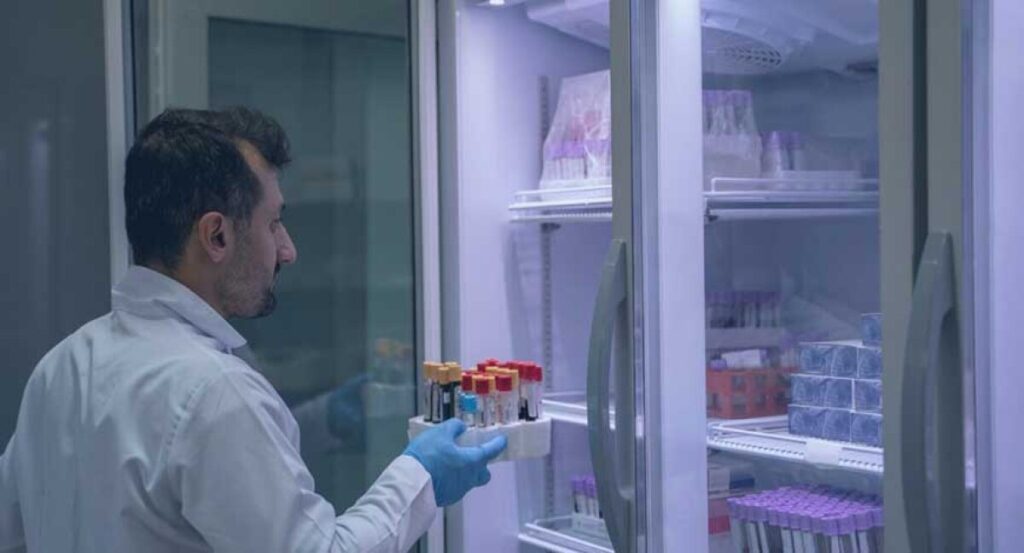The role of cryogenic freezers in biomedical research

In the dynamic world of biomedical research, the quest to understand, treat, and prevent diseases relies heavily on the preservation of precious biological specimens and samples. Cryogenic freezers, with their ability to maintain ultra-low temperatures, play a pivotal role in safeguarding these invaluable assets, enabling scientists to unlock the mysteries of the human body and advance medical knowledge.
Preservation of biological specimens: Ensuring viability for future studies
Biomedical research often involves the collection and storage of various biological materials, including cells, tissues, blood samples, and genetic material. These specimens are invaluable resources for studying disease mechanisms, developing new therapies, and conducting clinical trials. However, the viability of these samples can degrade over time if not preserved under optimal conditions.
Cryogenic freezers offer a solution to this challenge by providing a controlled environment with temperatures as low as -150°C (-238°F) or below. At these ultra-low temperatures, biochemical reactions are virtually halted, preserving the integrity and viability of biological specimens for extended periods. By storing samples in cryogenic freezers, researchers can ensure their long-term viability and availability for future studies, contributing to the continuity and reproducibility of scientific research.
Advancements in cell culture and biobanking: Supporting precision medicine
In the field of precision medicine, personalized therapies tailored to individual patients’ genetic makeup and disease profiles hold tremendous promise for improving treatment outcomes. Central to precision medicine is the collection and analysis of patient-derived samples, such as tumor tissues, blood cells, and DNA samples. Cryogenic freezers play a critical role in biobanking initiatives by preserving these samples at ultra-low temperatures, allowing researchers to build comprehensive repositories of biological materials for genomic analysis, biomarker discovery, and drug development.
Moreover, cryogenic freezers are indispensable tools in cell culture laboratories, where researchers cultivate and maintain various cell lines for experimental studies. By storing cell cultures at ultra-low temperatures, cryogenic freezers enable researchers to preserve the genetic stability and functionality of cells, ensuring reproducibility and consistency in experimental results. This capability is particularly crucial in fields such as regenerative medicine, stem cell research, and drug screening, where the quality of cell cultures directly impacts research outcomes.
Cryopreservation techniques: Unlocking the potential of stem cells and reproductive medicine
Stem cells, with their unique ability to differentiate into different cell types, hold immense therapeutic potential for treating a wide range of diseases and injuries. Cryogenic freezers play a vital role in preserving the viability and potency of stem cell populations through cryopreservation techniques. By carefully freezing and storing stem cells at ultra-low temperatures, researchers can maintain their regenerative properties and pluripotency, facilitating their use in regenerative therapies and tissue engineering applications.
In reproductive medicine, cryogenic freezers are instrumental in cryopreserving gametes (sperm and eggs) and embryos for assisted reproductive technologies such as in vitro fertilization (IVF) and fertility preservation. By storing reproductive tissues at ultra-low temperatures, cryogenic freezers enable individuals to preserve their fertility and reproductive options for future use, offering hope to patients facing infertility or reproductive challenges.






